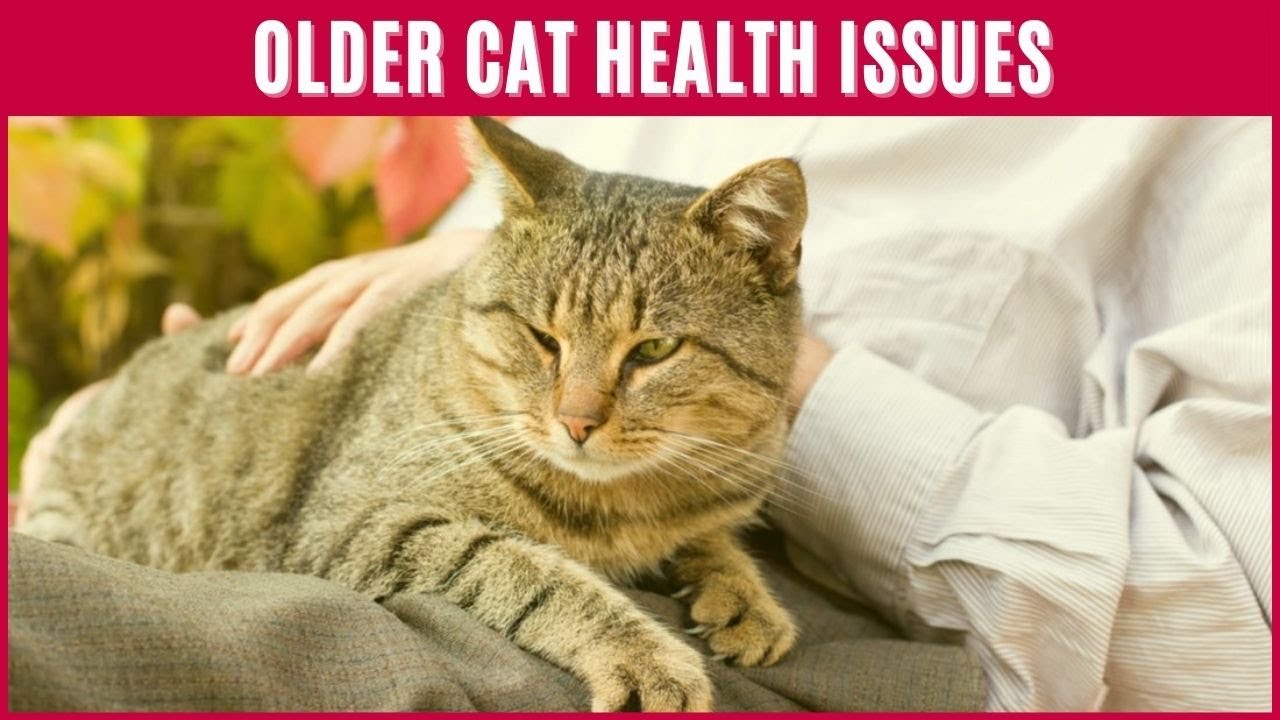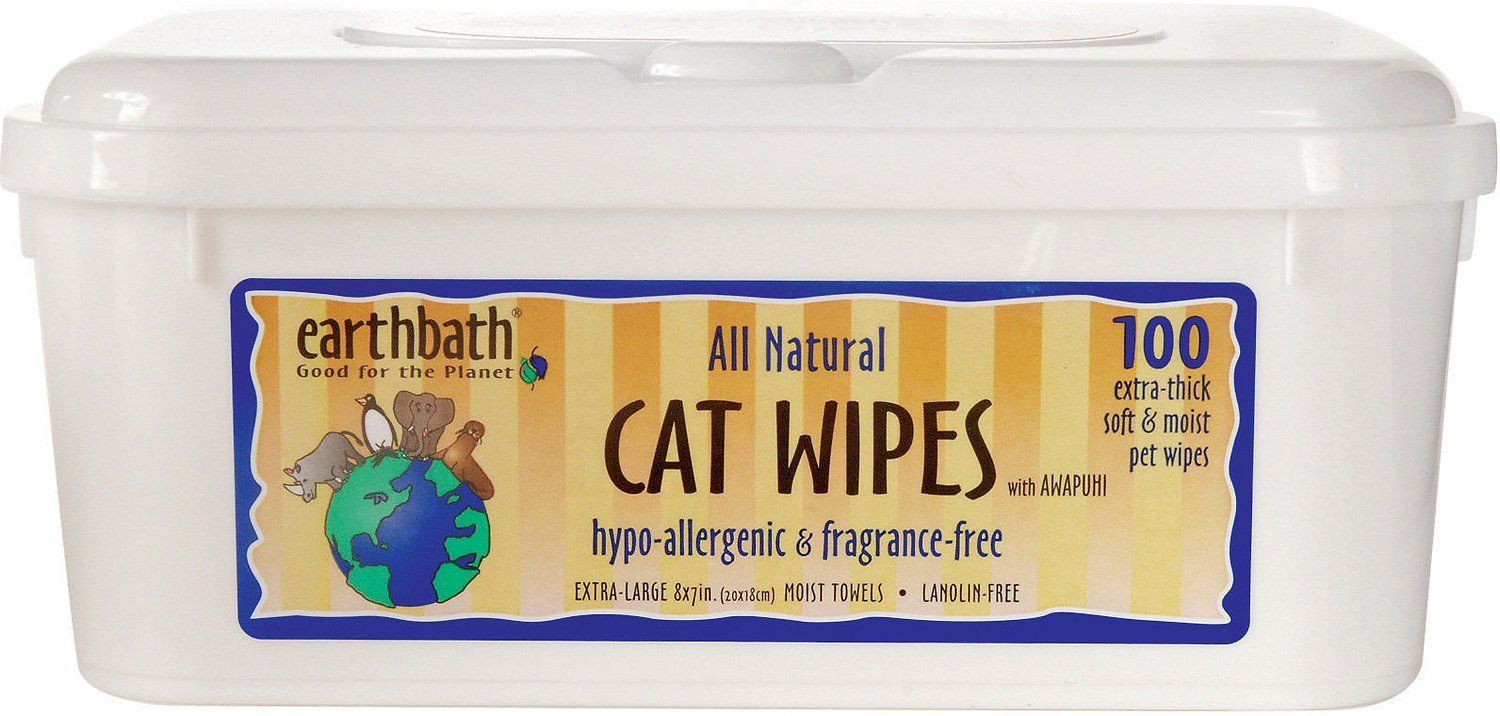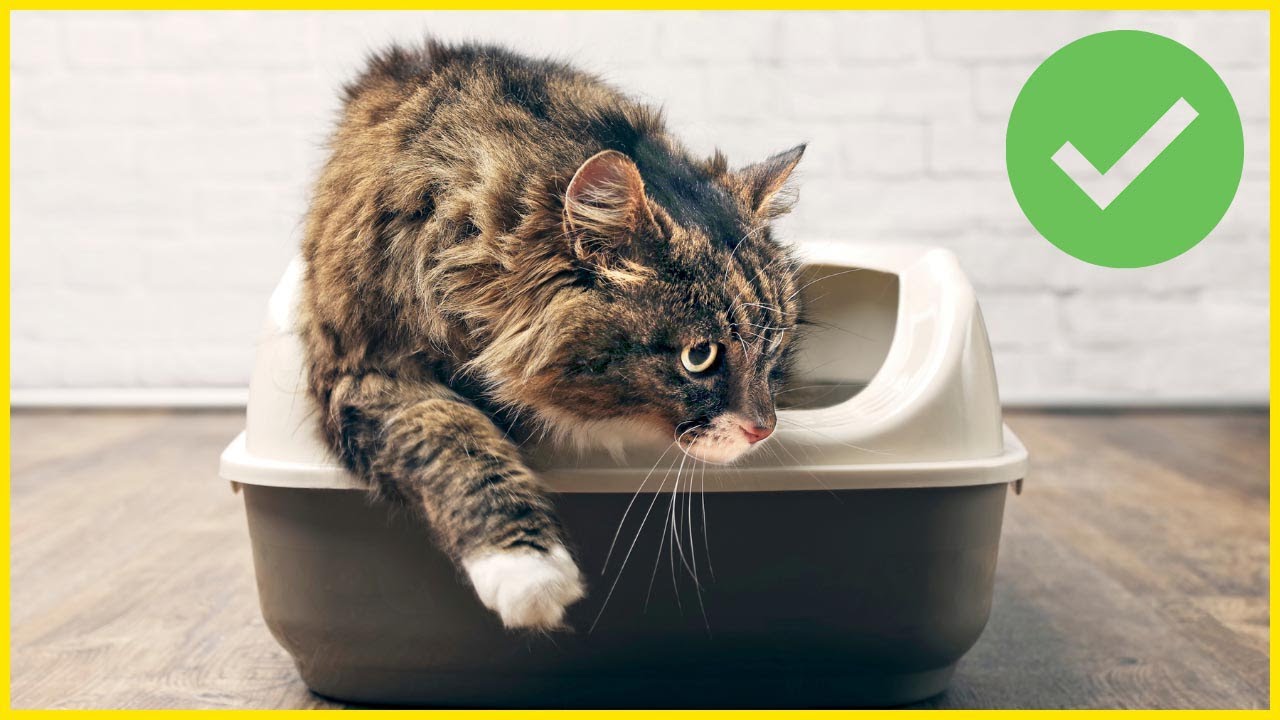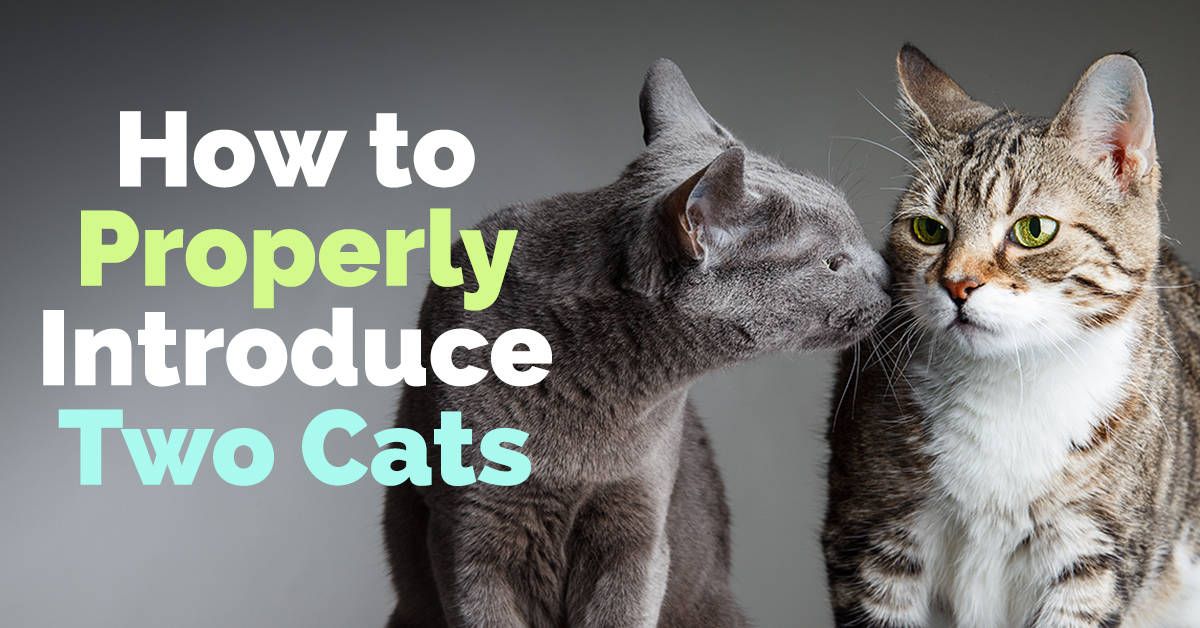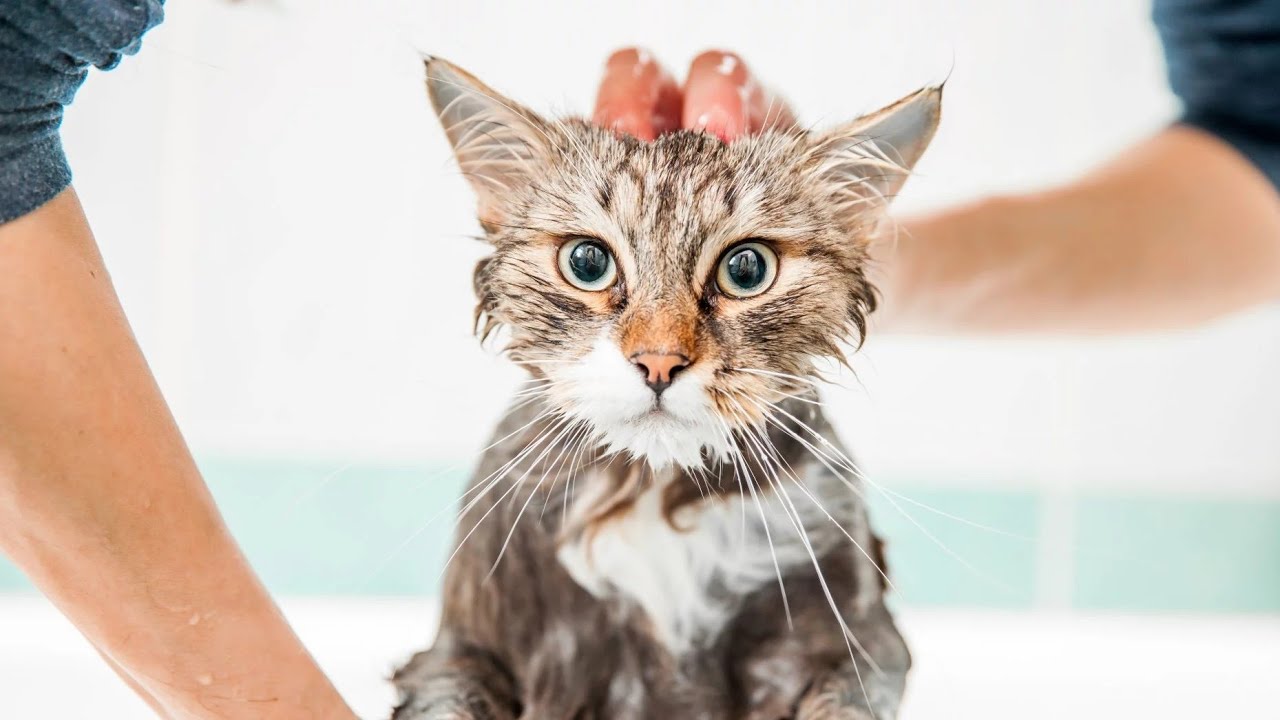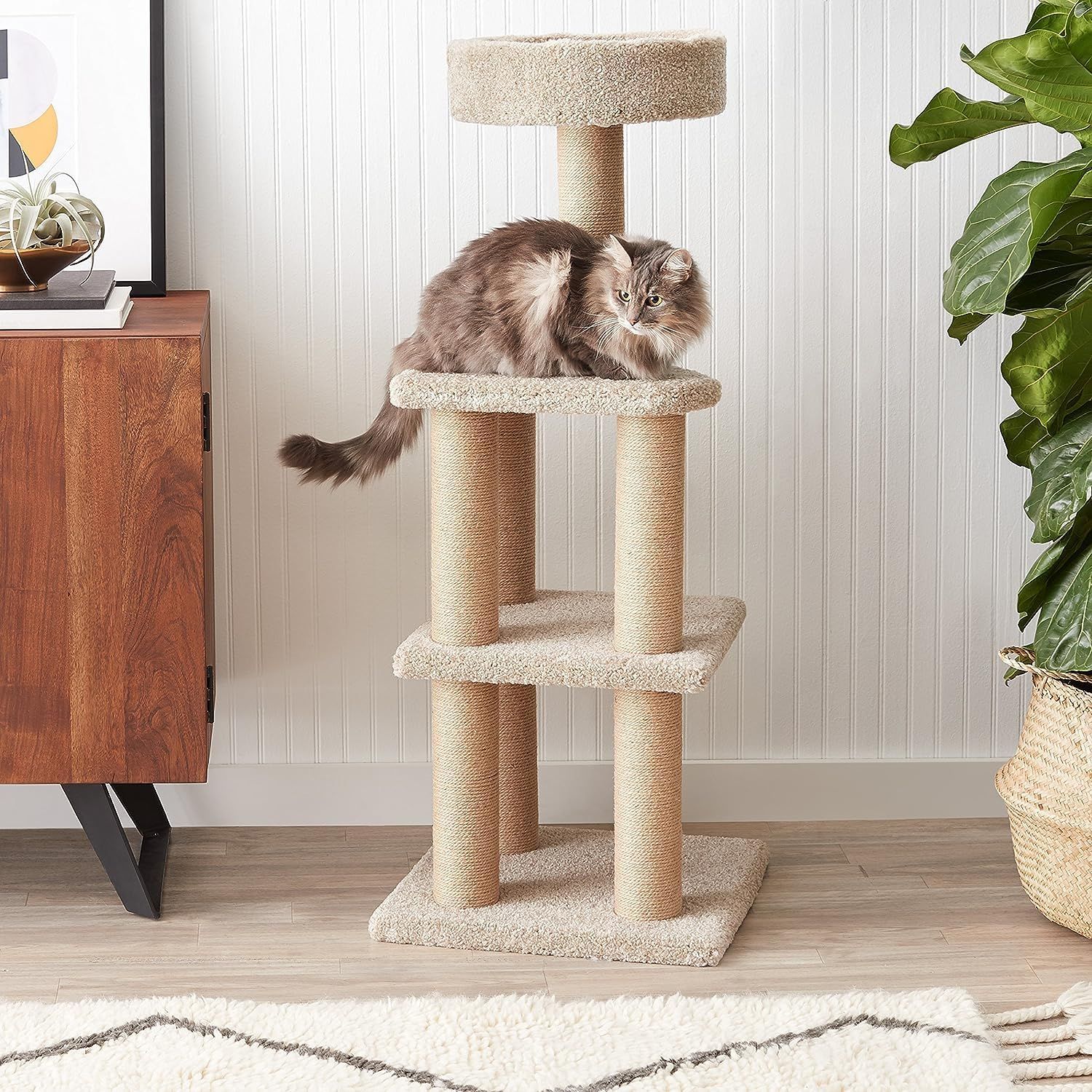Introduction: Embracing the Golden Years of Your Cat
As your cat curls up beside you, purring softly, you might notice a few gray whiskers or a slower step. Welcome to the world of senior cat care—a journey of love, patience, and adaptation as your feline friend enters their golden years. By April 2025, with cats living longer thanks to advances in veterinary care and nutrition, more pet owners are navigating the joys and challenges of caring for older cats. The American Veterinary Medical Association (AVMA) estimates that 20% of U.S. cats are now over 11 years old, a testament to our growing commitment to their well-being.
Senior cats, typically defined as those aged 11 and up (though some enter this stage at 7-10), require special attention to thrive. From joint stiffness to dental issues, their needs evolve, but so does their charm—those wise eyes and gentle demeanor are worth every effort. This 5000-word guide is your ultimate resource for senior cat care, covering everything from the best food for senior cats to grooming, health supplements, and veterinary care for older cats. Whether your cat is a spry 12 or a venerable 18, you’ll find actionable insights to keep them healthy, happy, and by your side for years to come. Let’s dive into the art of caring for your aging feline companion!
Understanding Senior Cats: What Changes as They Age?
Aging is a natural process, and for cats, it brings physical and behavioral shifts that shape their care needs. Recognizing these changes is the first step to tailoring a senior cat care plan.
Physical Changes
- Metabolism Slows: Senior cats burn fewer calories, making weight management crucial to avoid obesity or frailty.
- Joint Health Declines: Arthritis affects up to 90% of cats over 12, per a 2023 study in Veterinary Clinics of North America. Stiffness or reluctance to jump are common signs.
- Dental Issues: Tartar buildup and gum disease plague 70% of older cats, impacting eating and overall health.
- Sensory Decline: Vision and hearing fade, with cloudy eyes (cataracts) or reduced responsiveness signaling age-related loss.
- Organ Function: Kidneys, liver, and heart weaken, increasing risks for chronic conditions like kidney disease (affecting 30-40% of seniors).
Behavioral Shifts
- Sleep Increases: Senior cats nap more, often 18-20 hours daily, conserving energy.
- Play Decreases: That once-frisky hunter may prefer lounging over chasing toys.
- Vocalization Changes: Some yowl more due to confusion or discomfort; others grow quieter.
- Litter Box Issues: Arthritis or cognitive decline can lead to accidents outside the box.
These changes aren’t setbacks—they’re cues to adapt. With the right senior cat care, you can ease their transition and enhance their quality of life.
Nutrition: Choosing the Best Food for Senior Cats
Diet is the cornerstone of senior cat care, supporting everything from joint health to digestion. As obligate carnivores, cats need protein-rich food, but seniors require tailored formulas to match their aging bodies.
Key Nutritional Needs
- High-Quality Protein: Maintains muscle mass despite lower activity. Look for 30-40% protein (dry matter basis) from named meats like chicken or salmon.
- Reduced Calories: Prevents obesity, common in 50% of senior cats, per the AVMA. Aim for 300-350 kcal daily for a 10-lb cat, adjusted for weight goals.
- Joint Support: Glucosamine and chondroitin (from fish oil or supplements) ease arthritis.
- Hydration: Wet food or added water counters kidney strain, as seniors are prone to dehydration.
- Digestibility: Fiber (e.g., pumpkin) and probiotics aid aging guts; avoid fillers like corn.
Top Senior Cat Foods for 2025
- Hill’s Science Diet Senior 7+ (Chewy)
- Key Ingredients: Chicken, brown rice, antioxidants
- Protein: 30%
- Price: ~$25/7 lbs
- Why It’s Great: Vet-formulated for vitality, with omega-6 for coat health. A top pick for balanced senior cat care.
- Royal Canin Aging 12+ Dry (Chewy)
- Key Ingredients: Chicken by-product meal, brewers rice
- Protein: 28%
- Price: ~$30/7 lbs
- Why It’s Great: Soft kibble for aging teeth, plus joint-supporting nutrients. Ideal for picky seniors.
- Wellness CORE Senior Wet (Petco)
- Key Ingredients: Turkey, chicken liver, broth
- Protein: 11% (wet basis)
- Price: ~$40/24 cans
- Why It’s Great: Grain-free, high moisture, and packed with taurine for heart health.
- American Journey Senior Chicken (Chewy)
- Key Ingredients: Deboned chicken, peas
- Protein: 38%
- Price: ~$22/6 lbs
- Why It’s Great: Affordable, high-protein, and grain-free—perfect for active seniors.
Feeding Tips
- Portion Control: Use a vet’s guidance (e.g., 1/4 cup dry twice daily for a 10-lb cat).
- Transition Slowly: Mix new food with old over 7-10 days to avoid upset stomachs.
- Hydrate: Pair dry food with a Chewy pet fountain to boost water intake.
The best food for senior cats isn’t one-size-fits-all—consult your vet to match your cat’s health profile.
Veterinary Care for Older Cats: Staying Ahead of Health Issues
Regular vet visits are non-negotiable in senior cat care. The American Association of Feline Practitioners (AAFP) recommends biannual checkups for cats over 10 to catch issues early.
Common Senior Cat Health Conditions
- Chronic Kidney Disease (CKD)
- Affects 1 in 3 senior cats. Symptoms include excessive thirst, weight loss, and lethargy. Managed with prescription diets (e.g., Hill’s k/d) and fluids.
- Hyperthyroidism
- Overactive thyroid glands strike 10% of seniors, causing weight loss despite a ravenous appetite. Treated with medication (methimazole) or radioiodine therapy.
- Arthritis
- Painful joints limit mobility. X-rays confirm it; pain relief (e.g., Onsior) and supplements help.
- Diabetes
- Linked to obesity, it requires insulin shots and diet changes. Early signs: increased urination and thirst.
- Dental Disease
- Tooth decay or gingivitis needs cleanings or extractions under anesthesia.
Vet Visit Checklist
- Bloodwork: Annual tests (CBC, chemistry panel) spot organ issues.
- Urinalysis: Detects kidney or urinary tract problems.
- Weight Checks: Tracks gains or losses signaling disease.
- Dental Exam: Assesses oral health.
- Pain Assessment: Identifies arthritis or hidden discomfort.
In 2025, telehealth platforms like Chewy Vet Care offer virtual consults, supplementing in-person visits for convenience. Costs vary—expect $50-$150 per visit, plus $100-$200 for diagnostics. Pet insurance (e.g., Trupanion) can offset expenses for veterinary care for older cats.
Senior Cat Grooming: Keeping Them Clean and Comfortable
Grooming isn’t just about looks—it’s vital for senior cat health. Aging cats groom less due to arthritis or obesity, leading to matted fur, skin infections, or discomfort.
Grooming Essentials
- Brushing
- Use a soft-bristle brush (e.g., Hertzko Self-Cleaning from Chewy) 2-3 times weekly. It removes loose fur, prevents mats, and boosts circulation. Long-haired seniors may need daily sessions.
- Bathing
- Rare for cats, but if needed (e.g., soiled fur), use a vet-approved shampoo like TropiClean Hypoallergenic. Limit to once monthly to avoid stress.
- Nail Trimming
- Overgrown nails curl into pads, causing pain. Clip every 2-3 weeks with a guillotine-style trimmer (Petco’s Good2Go). Reward with treats.
- Ear Cleaning
- Check weekly for wax or debris. Use a vet ear cleaner (e.g., Virbac Epi-Otic) and cotton balls—never Q-tips.
- Dental Care
- Brush teeth 2-3 times weekly with enzymatic toothpaste (Virbac CET). Dental treats (Greenies) help between cleanings.
Tips for Success
- Go Slow: Seniors startle easily—introduce tools gradually.
- Comfort First: Groom on a soft mat to ease joint pressure.
- Watch for Sores: Check skin for lumps or irritation, reporting oddities to your vet.
Senior cat grooming strengthens your bond while keeping them pristine—a win-win.
Cat Health Supplements: Boosting Vitality in Older Age
Supplements can enhance senior cat care, targeting specific needs. Always consult your vet before starting.
Top Supplements for 2025
- Omega-3 Fatty Acids
- Benefits: Reduces inflammation, supports coat and kidney health.
- Product: Nordic Naturals Omega-3 Pet (Chewy, $15/2 oz).
- Dose: 1/4 tsp daily for a 10-lb cat.
- Glucosamine/Chondroitin
- Benefits: Eases arthritis pain, improves mobility.
- Product: Nutramax Cosequin (Petco, $20/60 capsules).
- Dose: 1 capsule sprinkled on food daily.
- Probiotics
- Benefits: Aids digestion, boosts immunity.
- Product: Purina Pro Plan FortiFlora (Chewy, $30/30 packets).
- Dose: 1 packet daily.
- Taurine
- Benefits: Supports heart and eye health, vital for seniors.
- Product: Now Foods Taurine (Amazon, $10/100 capsules).
- Dose: 250 mg daily, per vet guidance.
- Antioxidants
- Benefits: Fights cognitive decline.
- Product: VetriScience Cell Advance (Chewy, $25/60 capsules).
- Dose: 1 capsule daily.
Cat health supplements aren’t magic bullets—pair them with a solid diet and vet care for best results.
Creating a Senior-Friendly Home Environment
Your home can make or break your cat’s comfort in their later years. Small tweaks go a long way.
Modifications
- Low-Entry Litter Boxes
- Arthritis makes high sides tough. Try the KittyGoHere Jumbo (Chewy, $35) with a 3-inch entry.
- Ramps and Steps
- PetSafe CozyUp Steps (Petco, $40) help cats reach beds or windows without jumping.
- Soft Bedding
- Orthopedic beds like K&H Pet Thermo-Snuggly (Chewy, $50) cushion joints and retain heat.
- Warm Spots
- Seniors love warmth—place a heated pad (Pet Magasin, $20) in their favorite nook.
- Non-Slip Surfaces
- Add rugs or mats to slick floors to aid traction.
Safety Tips
- Hide Hazards: Secure cords and small objects seniors might chew.
- Quiet Zones: Reduce noise stress with a calm retreat space.
- Hydration Stations: Multiple water bowls or a fountain (Catit Flower, $30) encourage drinking.
A senior-friendly home supports mobility and peace of mind—for both of you.
Exercise and Mental Stimulation: Keeping Seniors Active
Senior cats may slow down, but activity keeps them sharp and healthy. Tailor play to their pace.
Exercise Ideas
- Gentle Play: Wave a feather wand (Frisco Bird Teaser, $5) for 5-10 minutes daily.
- Food Puzzles: Treat-dispensing toys (PetSafe SlimCat, $7) encourage movement and problem-solving.
- Window Watching: A perch (K&H EZ Mount, $25) offers bird-watching fun.
Mental Enrichment
- Scent Games: Hide treats in a towel for sniffing fun.
- Training: Teach simple tricks (e.g., “sit”) with clickers and rewards.
- Companionship: If your cat enjoys it, a younger feline friend can spark activity.
Aim for 10-15 minutes of engagement daily—overdoing it risks strain, but inactivity dulls their spirit.
Emotional Well-Being: Supporting Your Senior Cat’s Mind
Aging can bring anxiety or confusion, especially with cognitive dysfunction syndrome (CDS), affecting 28% of cats over 11. Signs include disorientation, altered sleep, or reduced interaction.
Strategies
- Routine: Consistent feeding and play times reduce stress.
- Comfort: Extra cuddles or a pheromone diffuser (Feliway, $25) soothe nerves.
- Monitor Mood: Sudden withdrawal or aggression warrants a vet check for pain or CDS.
Your presence is their anchor—senior cat care is as much about love as logistics.
End-of-Life Care: Preparing for the Inevitable
Not every senior cat story has a happy ending, but compassionate care ensures dignity. Average lifespan is 12-18 years, though some reach 20+.
Signs of Decline
- Persistent pain, refusal to eat, or labored breathing signal quality-of-life concerns.
- Discuss euthanasia with your vet if suffering outweighs joy—costs range $100-$300.
Hospice Care
- Pain management (e.g., buprenorphine), hydration, and a quiet space ease their final days.
- Lap of Love and similar services offer in-home support.
Cherish every moment—senior cat care is a privilege, even at the end.
Cost of Senior Cat Care: Budgeting for the Golden Years
Senior care costs vary:
- Food: $20-$50/month (e.g., Royal Canin vs. Wellness).
- Vet Visits: $100-$300 biannually, plus $50-$200 for meds/supplements.
- Grooming: $10-$50 for tools; $50-$100 for pro sessions.
- Environment: $50-$150 for ramps, beds, etc.
Pet insurance or a savings plan (e.g., $50/month) cushions expenses. Chewy’s Autoship saves 5-10% on recurring items like food and supplements.
Myths About Senior Cat Care: Debunked
- Myth: Senior cats don’t need vet visits if they seem fine.
Fact: Silent diseases like CKD need early detection. - Myth: Old cats can’t play.
Fact: Gentle activity keeps them spry. - Myth: Wet food is always better.
Fact: Dry food works if hydration’s addressed.
Facts guide better care—don’t let myths steer you wrong.
Conclusion: A Lifelong Commitment to Senior Cat Care
Senior cat care is a labor of love, blending nutrition, vet visits, grooming, and a cozy home to honor your feline’s golden years. From the best food for senior cats to gentle play and heartfelt moments, every step keeps them thriving. In 2025, with resources like Chewy and advanced vet care, your senior cat’s story can be one of comfort and joy.
Ready to elevate your cat’s twilight years? Start with a vet check, tweak their diet, and shower them with love. What’s your senior cat care tip? Share below and let’s celebrate these wise whiskered wonders together!
